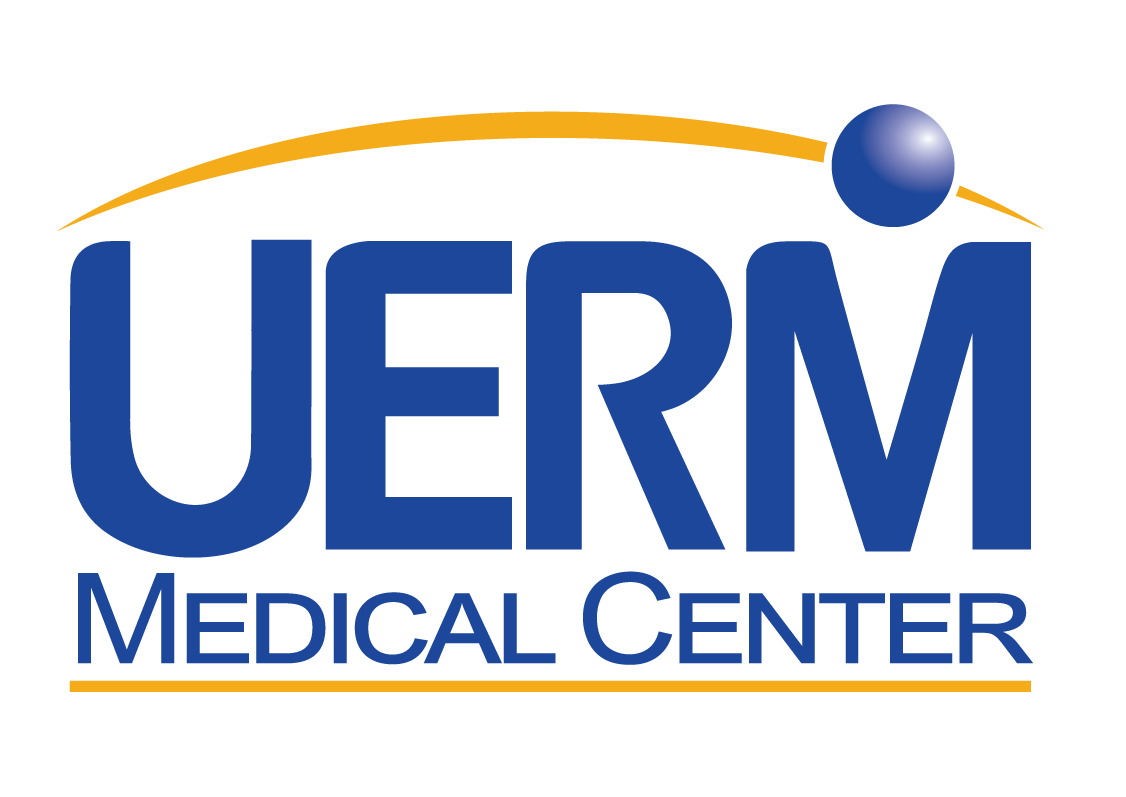Significant Predictors or Physical Findings
Symptoms
Complications
Obstructive sleep apnea may lead to the following if not treated:
Apnea is the absence of airflow (2 90% reduction) for ≥10 seconds.
Hypopnea is distinguished by its airflow or band reduction (2 30% and <90%) for at least 10 seconds with either 23% desaturation or an arousal.
Is the most common movement disorder and a lifelong sensory-motor neurological disorder that often starts at a very young age. RLS also commonly causes insomnia.
Can occur in one or both limbs and can last for more than 2 seconds in earlier stages of sleep. This can disrupt sleep, causing Excessive Daytime Sleepiness (EDS).
Is a chronic neurological disorder that affects the brain’s ability to control sleep-wake cycles.
Types of Narcolepsy:
Diagnostic Sleep Study
A diagnostic polysomnography sleep study is a procedure done to investigate the underlying cause of sleep disorder. This is normally the first study completed at the sleep laboratory and is most commonly conducted overnight.
Therapeutic Sleep Study
A therapeutic sleep study is a polysomnography sleep study done to investigate the effectiveness of a therapy on the quality of your sleep. This study is normally performed after the diagnostic study and a consultation with the sleep physician.
Split-Night Sleep Study
A split-night study is an overnight polysomnography performed with a two-hour period of baseline sleep study recording, followed by a Continuous Positive Airway Pressure (CPAP) titration study if it is determined to be indicated by the presence of clinically significant sleep apnea.
Multiple Sleep Latency Test (MSLT) / Maintenance of Wakefulness Test(MWT)
These studies are requested by your Sleep Medicine Specialist in the diagnosis of certain sleep disorders or the determination of the extent of your daytime sleepiness.
UERM Medical Center opens its newest Sleep Laboratory for common sleep disorders such as:
Sleep Study procedures can be done in the morning or in the evening and in Saturdays
Tel: (+632) 8715-0861 to 77 Local 512
Viber/Whatsapp: +639 534 709 735
